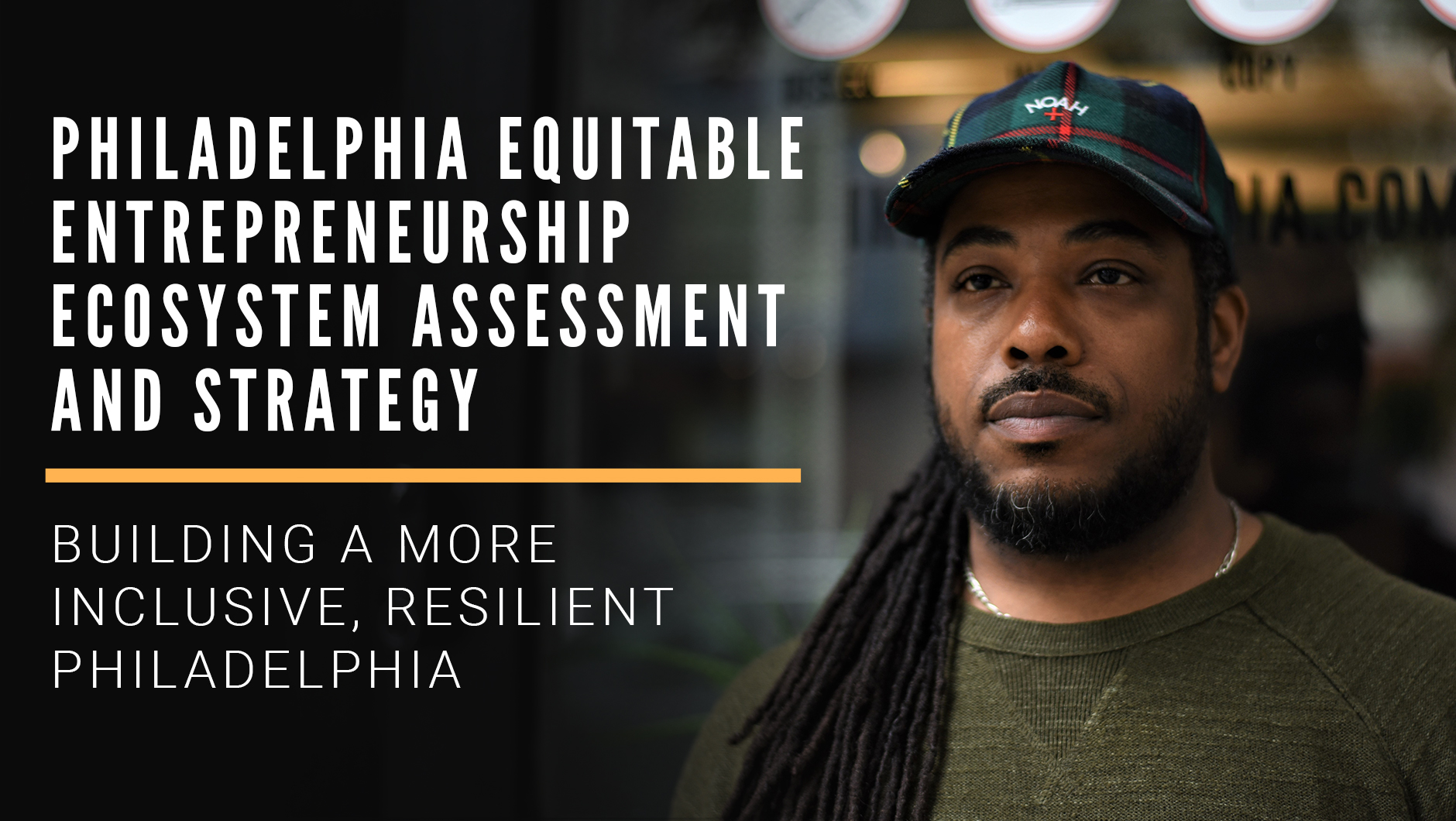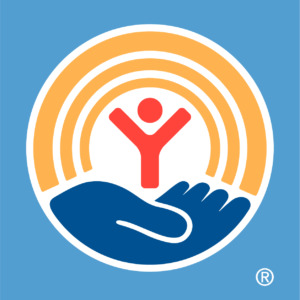As one of the priorities in the City’s inclusive growth plan, “Growing with Equity,” a team of local stakeholders—including United Way of Greater Philadelphia and Southern New Jersey, the City of Philadelphia’s Department of Commerce, and PIDC—recently announced a groundbreaking report assessing the state of BIPOC (Black, Indigenous and People of Color) entrepreneurship in Philadelphia. The report, led by United Way’s Managing Director of Entrepreneurship, Opportunity and Employment, Michael Banks, focuses on enhancing Philadelphia’s entrepreneurial landscape through a series of key findings.
Why focus on BIPOC entrepreneurs?
Small businesses play a critical role in helping shape and grow our local economy. In Philadelphia, 33% of the city’s total employment is small businesses. These small business owners and entrepreneurs help build community and individual wealth across all of our city’s neighborhoods. But while Philadelphia’s total population is 44% Black, only 5% account for Black-owned businesses. If we want to build our city, we need to close the racial wealth gap and present equitable avenues for economic opportunity.
How has the pandemic affected minority entrepreneurs?
Nearly all small businesses have felt the effects of the COVID-19 pandemic, but minority entrepreneurs have been especially challenged. Even before the pandemic, entrepreneurs of color were not being properly connected to city resources. We see a growth trajectory of businesses in areas like Center City and University City, but not in areas like North Philadelphia. Why is that? Fixing this problem is going to take more than providing short-term solutions. To create economic mobility, we need to provide more opportunities, more access to capital, and more support to minority entrepreneurs.
What is the Equitable Entrepreneurship Ecosystem Assessment and Strategy?
The Equitable Entrepreneurship Ecosystem Assessment and Strategy, which we're calling, "Built By Philly," is the result of a year-long study that we conducted in partnership with PIDC and The Commerce Dept. of Philadelphia to better understand the experience of BIPOC (Black, Indigenous, and other people of color) entrepreneurs. The assessment set out to understand the key challenges and success factors that are experienced within the existing small business landscape in order to reinforce what is working and fill in any gaps.
Based on the findings in the report, how does this information help the local entrepreneur or small business owner?
This report, in addition to continuing to elevate the voice of BIPOC entrepreneurs, provides solutions that will hopefully help us create a new normal for this group of entrepreneurs who are grossly underrepresented as it relates to small business ownership in the city of Philadelphia. Additionally, if we’re successful, we’ll create an ecosystem that is no longer fragmented, easier to navigate, and that provides access to the resources that exist today and those being developed.
How does this report help change the entrepreneurship ecosystem in Philadelphia?
It helps to illuminate not just what’s working and what we have, but it also reveals to us what needs improvement and what’s missing. By identifying the gaps, we’re essentially creating more room at the table for additional professionals and organizations to provide solutions that may have historically been missing, or under-resourced.
What resources are available now for BIPOC entrepreneurs? What resources are coming in the near future to help level the playing field?
I don’t think it’s a matter of what resources are available now as much as it is what’s accessible as we witnessed with the first round of PPP funding when many BIPOC entrepreneurs knew there were resources but were unable to access them. In the Fall, we’re excited to launch BuiltByPhilly.org to create a funders collaborative dedicated to supporting BIPOC small businesses, industry-specific accelerators, and new tools such as the pending resource navigator hub to name a few.
Do you have any advice or keys to success for the average or aspiring local entrepreneur?
- Develop your networks
- Get out of your comfort zone
- Work “on the business” as much if not more than “in the business”
- Service and delivery are just as important as the product
- As you grow, find a good accountant and lawyer...these are not expenses, they are investments
To learn more about Built By Philly and to read the full report, visit here.

